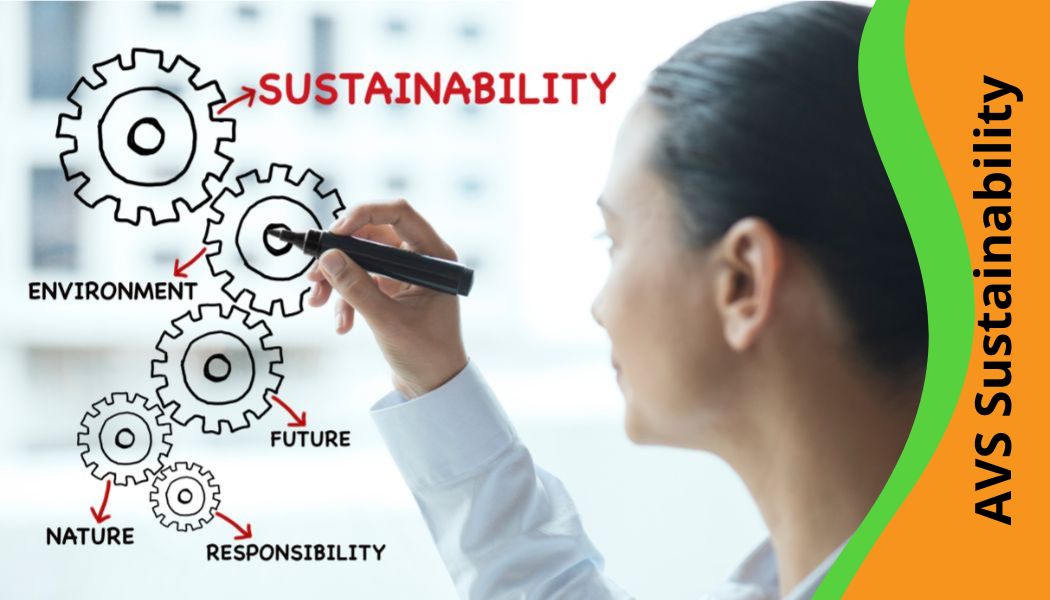Today is International Womens’ Day and this is a good opportunity to recognise the crucial role women have always played in promoting sustainability and advocating for a healthier Planet. From grassroots movements to corporate boardrooms, women are leading the charge towards a more sustainable future. On International Women’s Day, it is essential to recognise the contributions of women in Sustainability and the unique challenges they face in this field.
Women have long been at the forefront of environmental activism, from Rachel Carson’s seminal work on the dangers of pesticides in the book “Silent Spring”, to Wangari Maathai’s Green Belt Movement, that planted over 50 million trees in Kenya. These women, and countless others, recognised that environmental degradation disproportionately affects women and marginalised communities. They understood that environmental issues are not just about protecting nature but also about promoting social justice and human rights.
Today, women continue to be leaders in Sustainability, working across sectors and industries to promote sustainable practices and advocate for environmental and social responsibility. In the corporate world, women are driving change by demanding more sustainable business practices and holding companies accountable for their environmental impact. For example, Lisa Jackson, Apple’s Vice President of Environment, Policy, and Social Initiatives, has been instrumental in leading the company’s efforts towards 100% renewable energy and reducing their carbon footprint.
Women are also leading the charge in sustainable agriculture, which is critical to building a more sustainable food system. Women farmers around the world are adopting sustainable farming practices, such as agroforestry and regenerative agriculture. These practices promote biodiversity and soil health while reducing the use of harmful chemicals. They are not only beneficial to the environment but also provide economic opportunities for women and their communities.
However, women still face unique challenges in the sustainability field. They are underrepresented in leadership positions and often face discrimination and harassment. Women in developing nations are also more likely to be affected by environmental degradation and climate change, as they are often responsible for collecting water, fuel, and food for their families.
To address these challenges, it is essential to support and empower women in sustainability. This can be done by providing opportunities for education and training; promoting women’s leadership and participation in decision-making; as well as advocating for gender equality and social justice. By recognising the contributions of women in Sustainability and addressing the unique challenges they face, we can build a more sustainable and equitable future for all.On this International Women’s Day, let us celebrate the women who have paved the way for a more sustainable future and commit to supporting and empowering women in sustainability. However, let’s not forget the other 364 days when they work hard for their families, communities and the Planet.





